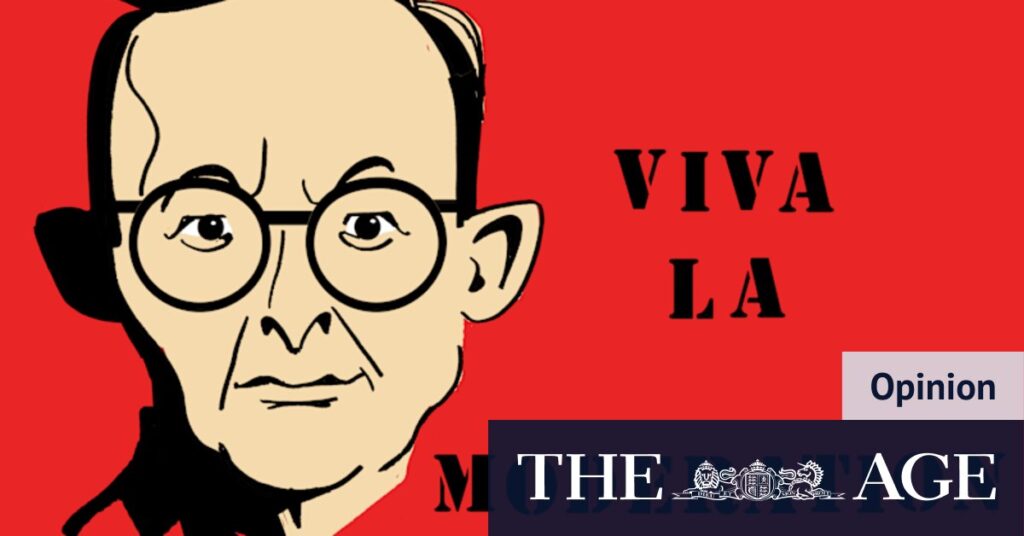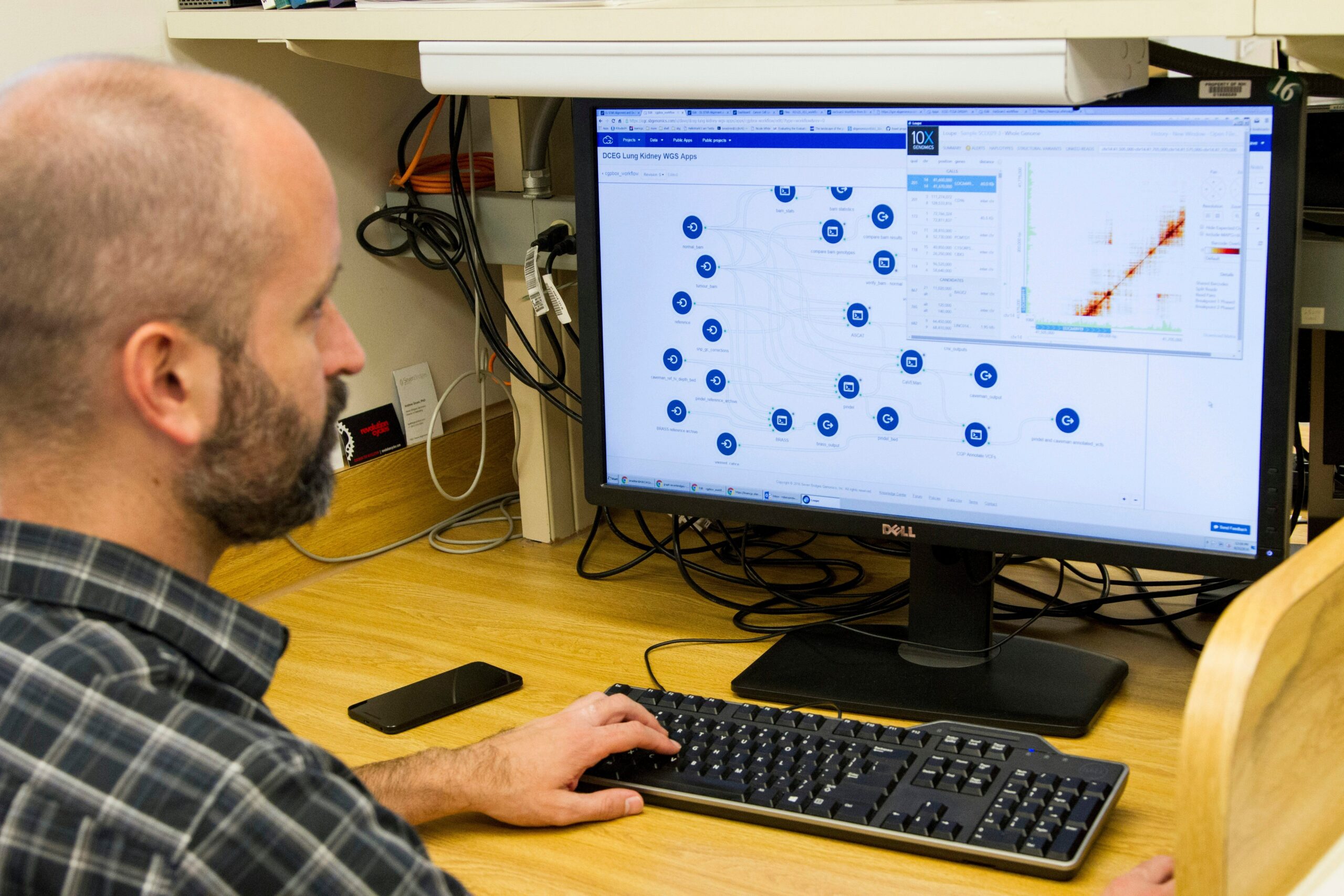
March for Australia rallies have recently seen a visible presence of neo-Nazis, while the sovereign citizen movement gains heightened prominence. Vigils in state capitals mourn the assassination of MAGA provocateur Charlie Kirk, and One Nation experiences a surge in the polls. Meanwhile, figures like Jacinta Nampijinpa Price and Barnaby Joyce, known for their journalistic entertainment value, add intrigue to the political scene. Despite these developments, the rise of US- and European-style populism in Australia is not inevitable.
Upon returning from the United States four years ago, I awoke in a quarantine hotel to the sounds of an anti-lockdown protest below. Since then, I’ve been concerned about the Americanisation of Australian public life. However, recent months have not convinced me that Australia will follow the same path as the US, Britain, France, and Germany. Populism with an Australian twist is not a foregone conclusion.
The Political Climate in Australia
Sussan Ley’s moderate conservatism may seem like a fragile barrier against the right’s pressure. Andrew Hastie’s recent use of the slogan “Australians First” alongside a vintage Ford Falcon is a nod to nostalgic nationalism. Yet, the 2025 federal election demonstrated that voters preferred an emphatically Australian prime minister over a hard-right opposition leader dubbed “Temu Trump.” Theatrics akin to Trumpism, especially its machismo, do not seem to resonate with the Australian electorate, particularly among women.
Peter Dutton’s Liberal Party faced significant losses in May, suggesting that Australia may not veer to the right. Compulsory and preferential voting systems tend to push politics toward the center, acting as safety valves. The ABC Boyer lecture by US-based Australian academic Justin Wolfers praised Australia’s democratic institutions as “freaking amazing,” highlighting newfound public appreciation for these systems.
Historical Context and National Traits
Annabel Crabb’s upcoming ABC series will explore Australia’s democratic resilience, complementing her children’s book, There’s a Prawn in Parliament House: The Kids’ Guide to Australia’s Amazing Democracy. Tony Abbott’s new history book, subtitled “How an Ancient Land Became a Great Democracy,” reinforces the idea that Australia’s electoral system is a national treasure.
Australia’s national character traits also serve as guardrails. The country’s penchant for humor and skepticism acts as a check on inflated political egos. Voters seem to prefer leaders who lack charisma, as Clive James humorously noted about John Howard’s transformation to become more electable.
Australia experienced a populist wave 30 years ago with Pauline Hanson, whose maiden speech warned of being “swamped by Asians” and criticized global financial influences. This blend of immigration and globalization anxiety foreshadowed the politics that fueled Brexit and Trumpism. The bipartisan response to Hansonism, particularly on immigration, has helped prevent a resurgence of similar politics.
Current Political Landscape and Challenges
Despite the rise of One Nation, its recent polling at 12-13% pales compared to Nigel Farage’s Reform UK or France’s National Rally. Australia’s electoral politics remain largely passive, with public passions rarely aroused. The country’s urbanization, with 85% of the population living in cities, makes it difficult for populists to gain traction, unlike in the US where MAGA thrives outside urban centers.
The political geography around Sydney Harbour further complicates the rise of right-wing politicians, as areas favor moderation. The success of teal independents like Allegra Spender and Zali Steggall demonstrates that the most effective disruptors in Australian politics are centrists, not nationalistic populists.
Economic and Social Considerations
Australia’s prosperity, good governance, and communal ties contribute to national wellbeing. The country enjoys a high standard of living, with 87% of the population residing within 50 kilometers of the coast. However, economic inequality is at a 20-year high, and the housing crisis presents opportunities for populist exploitation.
A Monash University survey found that 62% of 18- to 24-year-olds believe they will be worse off than their parents, echoing sentiments that fueled Trump’s campaign. Yet, younger Australian voters have become more progressive as the housing crisis has worsened.
Despite concerns, Australia remains resilient against the politics of anger. As Roger Cohen of The New York Times noted in 2016, Australia watches global political dramas from afar but is not immune to new anger. His pessimism then offers optimism now, as Australia continues to chart its own course.
Nick Bryant, a former BBC correspondent, is the author of The Rise and Fall of Australia: How a Great Nation Lost Its Way.







